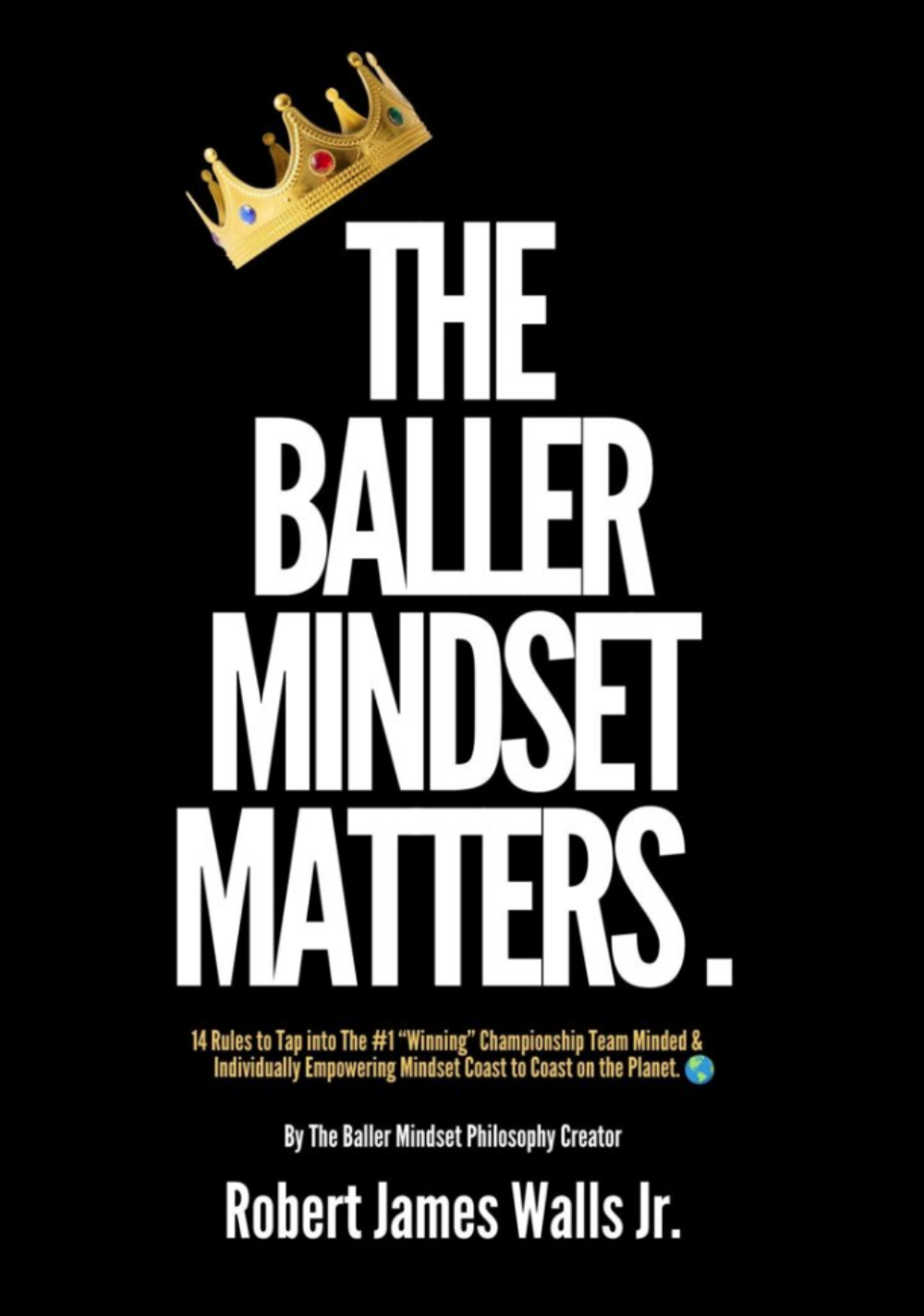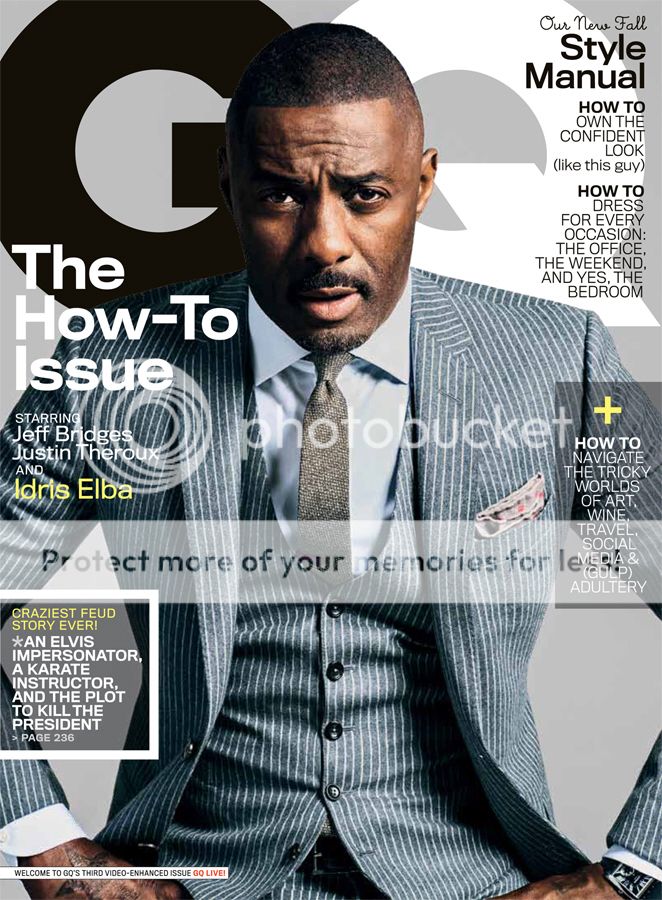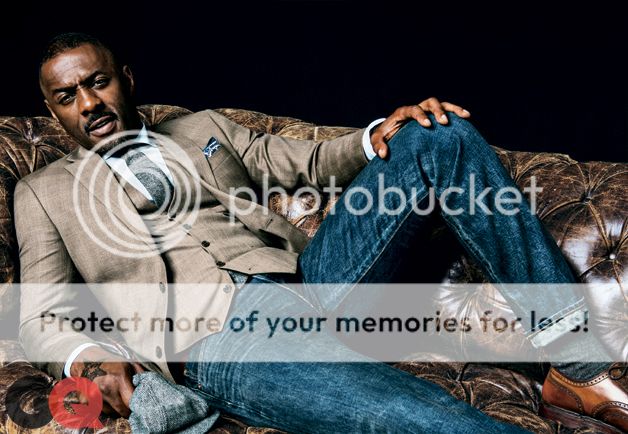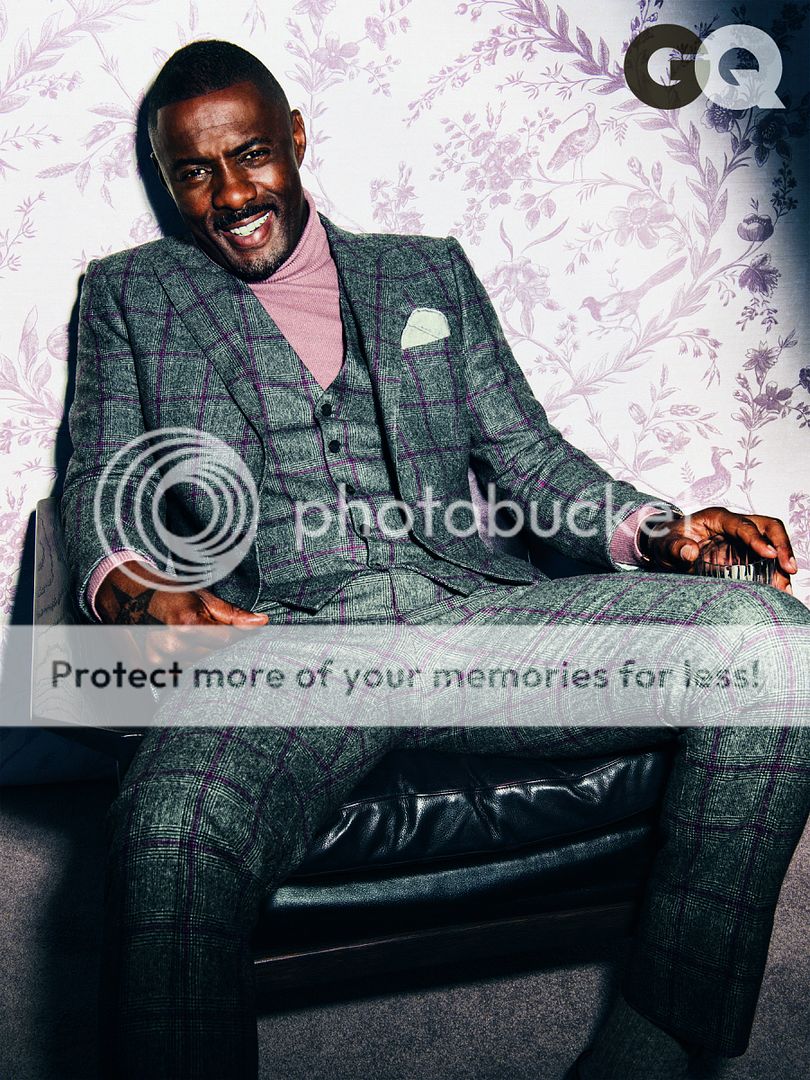Idris Elba is the third and final cover man that will be featured in GQ’s October issue. Idris is promoting Mandela: Long Walk to Freedom, a film which man think will earn Idris his first Best Actor Oscar nomination
Idris Elba on formerly selling drugs & working as a doorman to make ends meet:
“Yeah, it was, because I was running with cats. I mean, I was DJ’ing, but I was also pushing bags of weed; I was doing my work. I had to. I know that sounds corny, but this is the truth.” He says he’d sell drugs at Carolines, and meanwhile all these successful guys would come through: D. L. Hughley, Dave Chappelle. “All those black comedians, they knew me as a doorman.”
…on his legacy of playing Stringer Bell on HBO’s The Wire:
“That really is more about the writing of The Wire than it is the performance. You know, Stringer Bell is a great character that was written. I happened to play him, but it could’ve been anybody playing that role.”
You really feel like anybody could’ve played Stringer?
“Listen, I think I brought Stringer to life my way, but The Wire isn’t a classic because of Stringer Bell. The Sopranos was a classic because of Tony Soprano.”
…on his feud with Liam Gallagher following the NME Awards:
And then he throws on “Wonderwall,” by Oasis, which is curious, because even though the mostly British crowd is howling the song back at him, Elba has been in the tabloids recently for an altercation with Liam Gallagher after this year’s NME Awards; the younger Gallagher brother removed Elba’s wool cap in an apparently disrespectful manner. Elba took issue; the two men got into it. So it seems suspicious, Elba playing Gallagher’s song, and the next day, when we meet up again, I ask him about it. “Wonderwall” last night—were you taking a shot? “No! F–k that idiot. No.”
Basically, Elba says, he just gave Liam a hug and an affectionate rub on the head.
“Didn’t like that. Don’t touch his hair, apparently. F–k off. Next time walk with a f–king hairdresser, then.” Laughter. “Well, ‘I’m a popular rock singer, so I’m going to be mean and f–king horrible to people just because they messed up my look.’ F–k off. I played his song because his song’s a classic. I couldn’t—I don’t even know what his songs are about now or what band he’s in now. No one gives a f–k, yeah? He was popular when he was in Oasis.”
Paternity drama:
He was dating a woman in Florida, had been for a couple of years. They were living together and in love. She became pregnant and gave birth to a boy. For a brief moment, it was among the happiest times of Elba’s life. “The celebration of having a son—from a man’s perspective, it’s massive.” He told friends about it. He told reporters about it. Then came the suggestion—not from the child’s mother, but from elsewhere—that not everything was what it appeared to be.
“It wasn’t immediately obvious—well, it was, because he didn’t look like me,” Elba says. “But it wasn’t immediately obvious what had gone down.” Eventually, Elba decided to take a paternity test, which showed the child wasn’t his. “To be given that and then have it taken away so harshly,” he says, “was like taking a full-on punch in the face: POW.”
…on finding out he was not the father of a boy he was calling his own:
“You know, the truth is—like, even admitting it, I’ll probably get laughed at for the rest of my life. But it is just tragic, and it happened.” He looks directly at me when he says this. “But I wasn’t knocked out. I stood right the f–k back up, and I ain’t aiming to take another punch in the face ever again.
Do you understand what I’m saying? It happened to me. I moved on.” In a paradoxical way, he says, it was freeing. “I’ve not been an angel in my life, either—do you know what I’m saying? So to a certain extent, what goes around comes around. But for me in the future, I’m about being comfortable. That’s it.”
He disappears: As a kid, Elba says, “I sort of blended into the background quite a bit. I wasn’t the guy that was a big personality. I was the tall, silent, quiet type.” Even now—I can attest to this—he gets lost in crowds. Walk into a room with him and watch him disappear. “I call it the invisible factor,” he says. “On any ordinary street, walking down in London Soho in a cap, I’m just a f–king tall black man walking along.”



